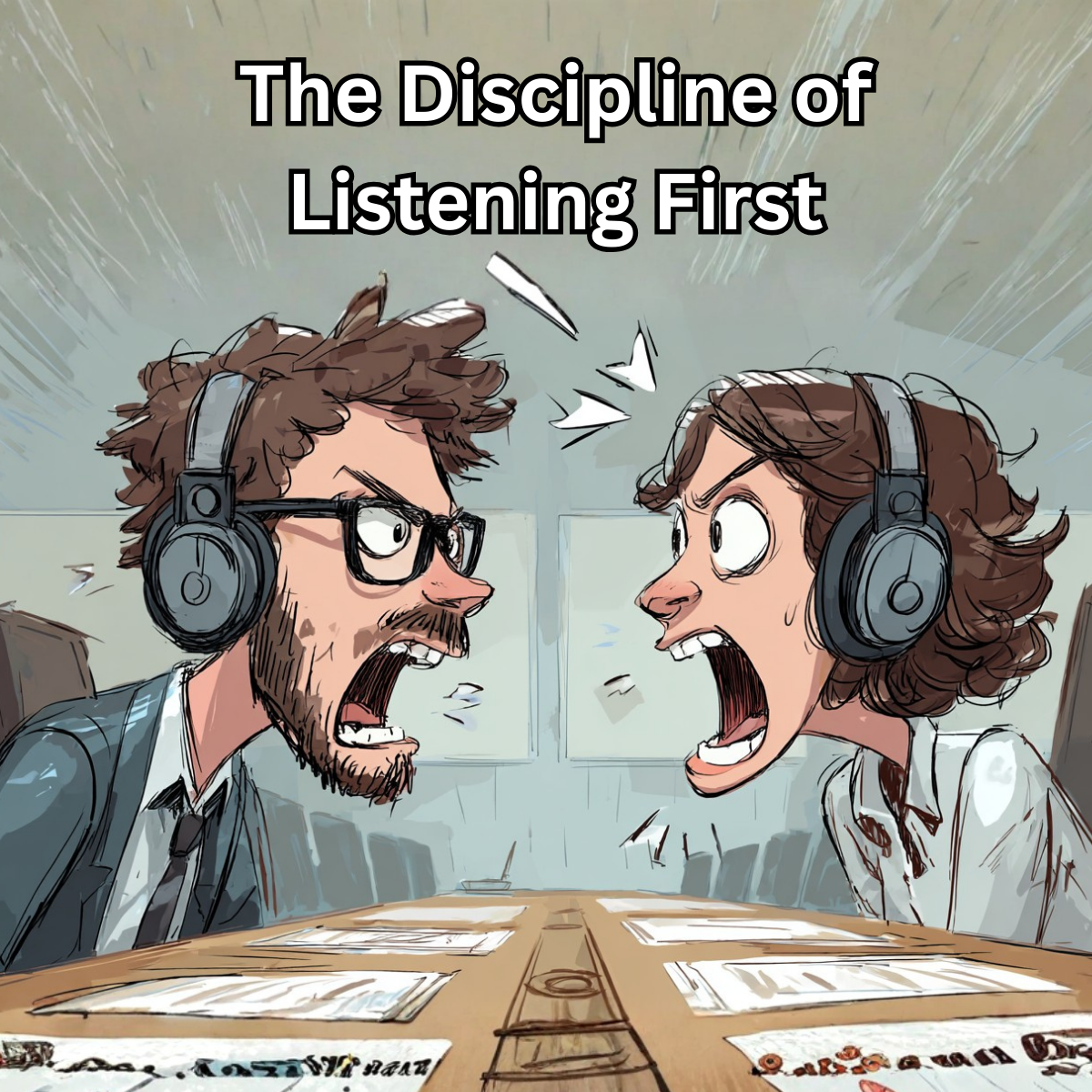When I was a youngster one of my memories is helping my great grandmother pull weeds. You see, pulling weeds is a generational past time that has been handed down to each generation. Nobody in the family liked pulling weeds, so the job always got regulated to the elderly and young children.
My great grandmother had a million ways to kill weeds, but I always remember one particular lesson. You have to grab the weed low on the stock to pull the plant up, roots and all. If you do not get the root then the weeds will come back again.
This is a simple concept and it is applicable to life’s problems. If you are having a challenge in life then you need to get to the root of the problem. If you just deal with the above the surface stuff, then the problem will only keep coming back. The effort that you spend trimming the tops of your problems will be wasted. In a few months you will still have the old problems to deal with and the new ones too.
Getting to the roots is not as easy as whacking off the tops of the weeds. To grab the root, you have to usually get down low to the ground and use some effort to pull the weed up. That takes effort and time and makes us uncomfortable. So we tend to opt for easier ways, ways that do not solve the problem but rather gloss over it.
A great habit to develop is learning to ask the question, what is the root of the problem? Are we dealing with the symptoms or the actual root cause? Taking a pause in our problem solving approach to make sure we are tackling the right issue is a discipline that is definitely worth working on. If we can learn to instinctively get to the root of the problem the first time, we can quickly reduce the amount of reduplication of effort we experience in fighting through our various problems.
Getting to the root problem requires effort. You have to stop, pause, and lean into the problem and get down close to inspect what is really going on. We often times do not want to make that kind of effort when experiencing a problem, we want to get it over fast. However, just like with pulling weeds, the small extra effort it takes to root out the problem, will pay dividends later when the problems do not come back again, and again.
Guy Reams



